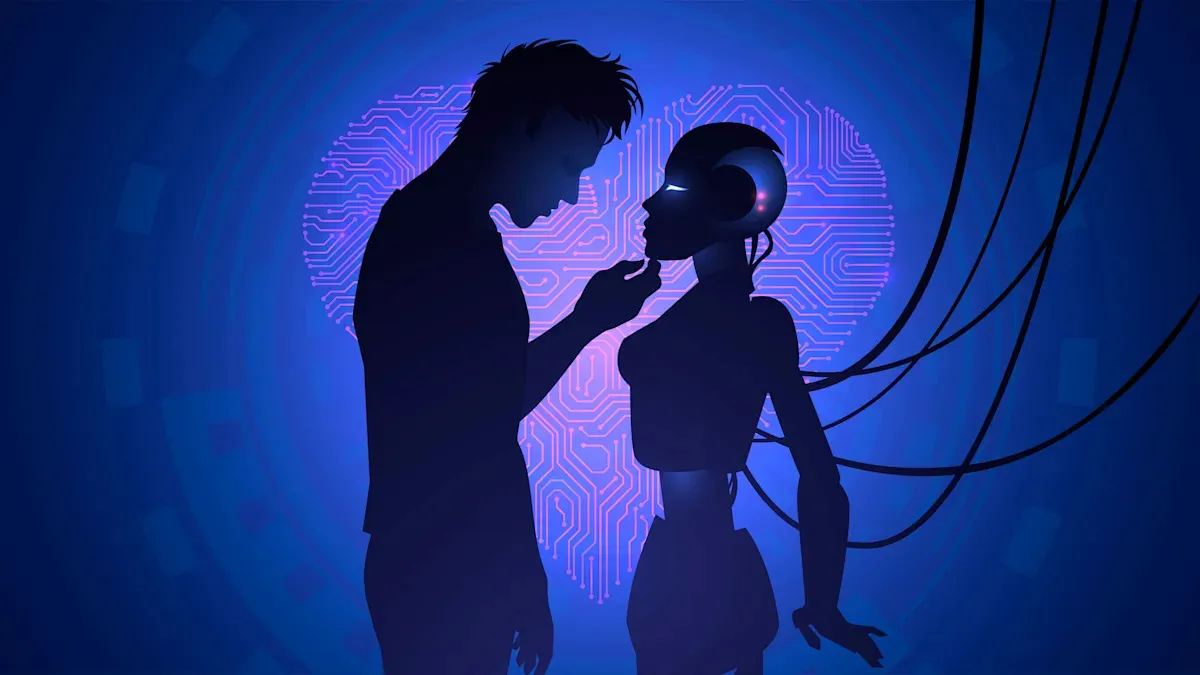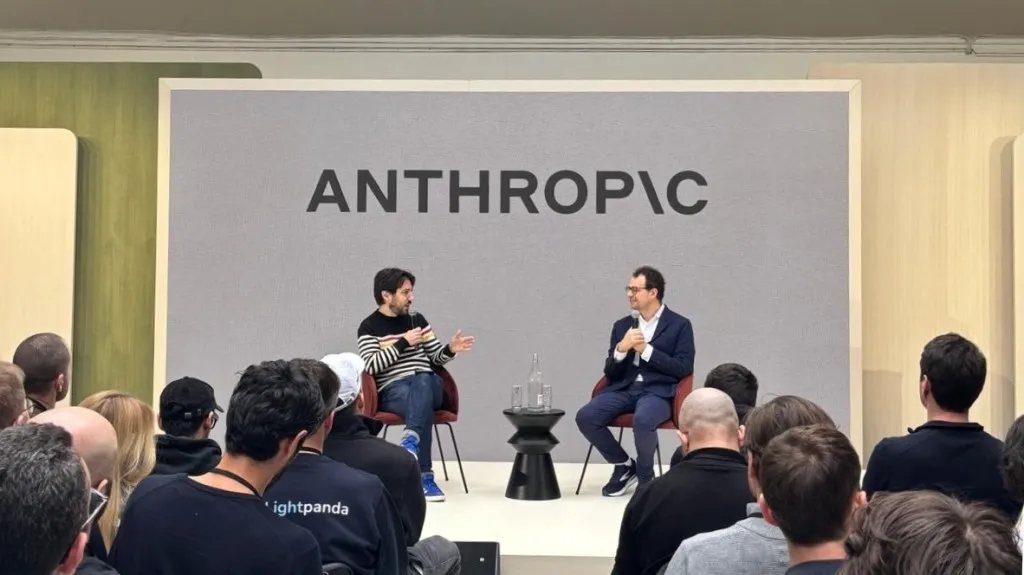When OpenAI unleashed its GPT‑5 update in August, the world celebrated a leap in AI capabilities but for many longtime users, it also meant an emotional rupture. Just as a beloved friend moves away, earlier versions of ChatGPT slipped out of reach, leaving users feeling disoriented and alone. “It was like saying goodbye to someone I know,” lamented Linn Vailt, capturing the surge of grief that followed the rollout.
For individuals extended beyond casual utility, ChatGPT had become a creative partner, a sounding board, or even a source of emotional solace. According to Scott (a pseudonym), the GPT‑5 model lacked the “chattiness” and warmth of its predecessor, its tone now strikingly more distant. In virtual communities like “AI in the Room,” co-founded by Vailt, users found themselves mourning not just code but connection.
The concept of “digital grief” might sound abstract, but it’s deeply real for people whose bonds with an AI felt authentic. As OpenAI scrambled to adjust reintroducing earlier models for subscribers and admitting it had “underestimated the emotional impact” of the change the episode underscored how intertwined humans can become with generative AI, even when we know it’s artificial.
Experts are taking notice. Olivier Toubia, a professor at Columbia, emphasizes a growing responsibility for tech firms: as users increasingly rely on AI as companions, stability and continuity cannot be afterthoughts. The psychological weight of losing a familiar model is a new frontier in customer care.
Critics, meanwhile, caution against blurring boundaries between human relationships and AI. Yet proponents argue that, when approached with awareness, these connections can foster self-discovery and enhance not replace real-life bonds.
As generative AI weaves deeper into daily life, the emotional stakes are rising. This isn’t just about code and updates it’s about honoring the bonds we build, even with the artificial minds that echo our own.



